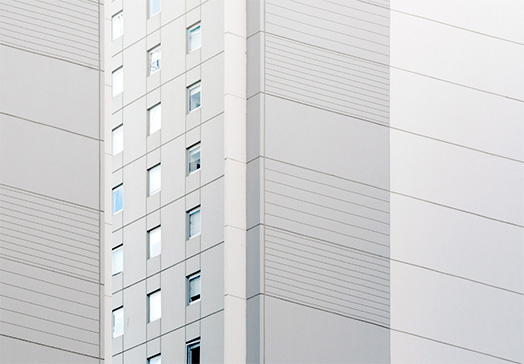
At a glance
- Each Gulf Cooperation Council (GCC) state has issued modifications to summer working hours.
- The authorities actively monitor compliance with the modified hours and penalties apply for breach.
Historically each GCC state sets out modified working hours for employees working under direct sunlight and in open-air spaces over the summer months. The modified working hours largely affect work during peak midday hours, and the duration of the break in work, and the duration for which the mandatory rest periods apply, varies from one GCC State to the next.
The relevant authorities actively monitor employers who are subject to the working hour restrictions and there is an appetite to impose penalties on any entity found in breach of these changed working hours.
The change to working hours for summer 2024 have been issued by each GCC state along with the respective penalties and these are covered in the table below:
| Country | Dates the restriction comes in effect | Hours the restriction is in place | Penalties for non-compliance |
| Bahrain | 15 June 2024 to 15 September 2024 | 12:30pm to 3pm |
Up to three months imprisonment. Fines between BD500 and BD1,000. |
| Kuwait | 1 June 2024 to 31 August 2024 | 11am to 4pm |
Field inspections will monitor compliance and, if in violation, fines range from KD100 to KD200 per worker affected by the violation. There is a possibility of company files being blocked until the violation is rectified. |
| Oman | 1 June 2024 to 31 August 2024 | 12:30pm to 3:30pm | Fines between RO500 and RO1,000 for every worker and the fine is doubled if the violation is repeated. |
| Qatar | 1 June 2024 to 15 September 2024 | 10am to 3:30pm | A work location can be closed by a Ministerial decision for a period not exceeding one month. |
| Kingdom of Saudi Arabia | 15 June 2024 to 15 September 2024 | 12pm to 3pm | Penalty of SR3,000 for each violation. |
| United Arab Emirates | 15 June 2024 to 15 September 2024 | 12:30pm to 3pm | If found to be in violation, companies face fines of AED5,000 for every worker operating during the covered hours, and up to a maximum of AED50,000 for multiple workers. |
Additional requirements
Beyond prohibiting employers from requiring employees to work under direct sunlight during restricted hours, employers are also required to comply with additional obligations, as summarised below.
| Country | Additional Responsibilities |
| Bahrain | Employers should ensure that summer time working hours are displayed and easily accessible by staff and inspectors. |
| Kuwait | The site must be easily accessible by Public Authority for Manpower inspectors. |
| Oman |
Employers must ensure that:
|
| Qatar |
Employers must:
|
| Kingdom of Saudia Arabia | - |
| United Arab Emirates |
Employers must provide:
|
Exceptions
Some GCC countries have introduced specific exceptions to the summer working hours and the additional requirements outlined above. These exceptions are as follows:
- Bahrain and the Kingdom of Saudi Arabia: Workers employed by oil and gas companies, as well as maintenance personnel required for emergencies, are exempt.
- Qatar: Workers employed by oil and gas companies are exempt.
- United Arab Emirates: Work that must continue uninterrupted for technical reasons is exempt from the midday rest period. However, employers must provide employees with cold drinking water, rehydration sachets, lemons, and any other substances approved by health authorities. Additionally, first aid, air conditioning, and protective shade against direct sunlight must be available.




